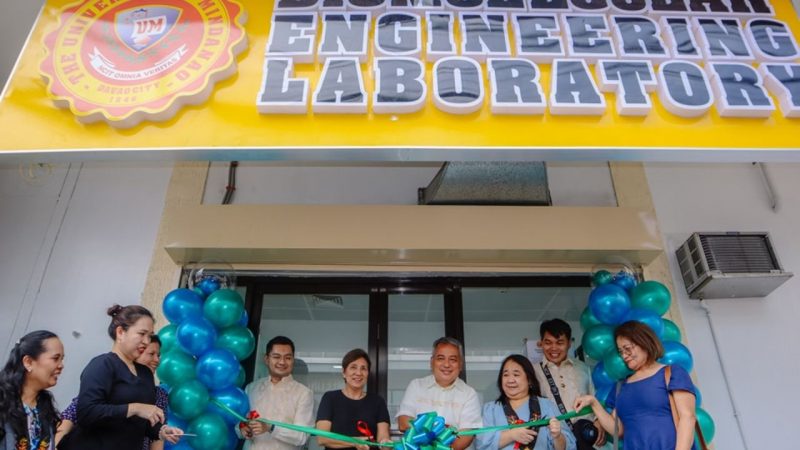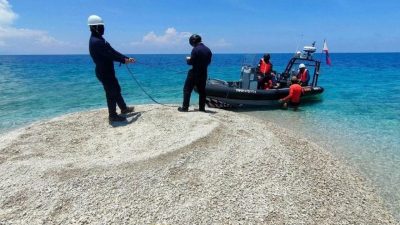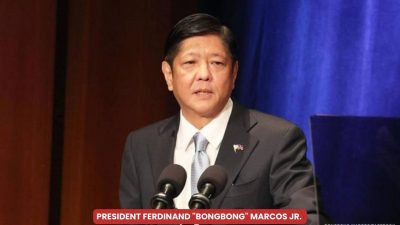By Liza Soriano
MANILA — The Department of Science and Technology (DOST) – Balik Scientists program is supporting the establishment of the first biomolecular engineering laboratory in the country at the University of Mindanao (UM).
This initiative aims to transform environmental wastes into valuable industrial compounds and develop innovative biosensors for detecting environmental pollutants, according to DOST.
During the inauguration ceremony of the University of Mindanao Biomolecular Engineering Laboratory (UMBEL), three DOST Balik Scientists — Dr. Angelo Banares (metabolic engineering), Dr. Chosel Lawagon (nanotechnology), and Dr. Terence Al Abaquita (crop protection, neurobiology, chronobiology, and cell and molecular biology)—showcased their collaborations to enhance the capabilities of the new laboratory.
UMBEL was established to advance studies in biomolecular engineering using state-of-the-art approaches and techniques.
The laboratory focuses on integrating metabolic engineering and synthetic biology to address pressing environmental issues through the engineering of nonpathogenic microbes.
The research interests of UMBEL include:
-Metabolic engineering to accelerate the degradation of wastes such as plastics, agricultural, urban, and other toxic chemical wastes.
-Metabolic engineering to convert wastes into specialty and high-value chemicals.
-Optimization through fine-tuning of metabolic pathways and fermentation processes to enhance the production of engineered strains for industrial purposes.
-Development of cost-effective biosensors for the detection of toxic heavy metals and chemical pollutants.
(el Amigo/mnm)







